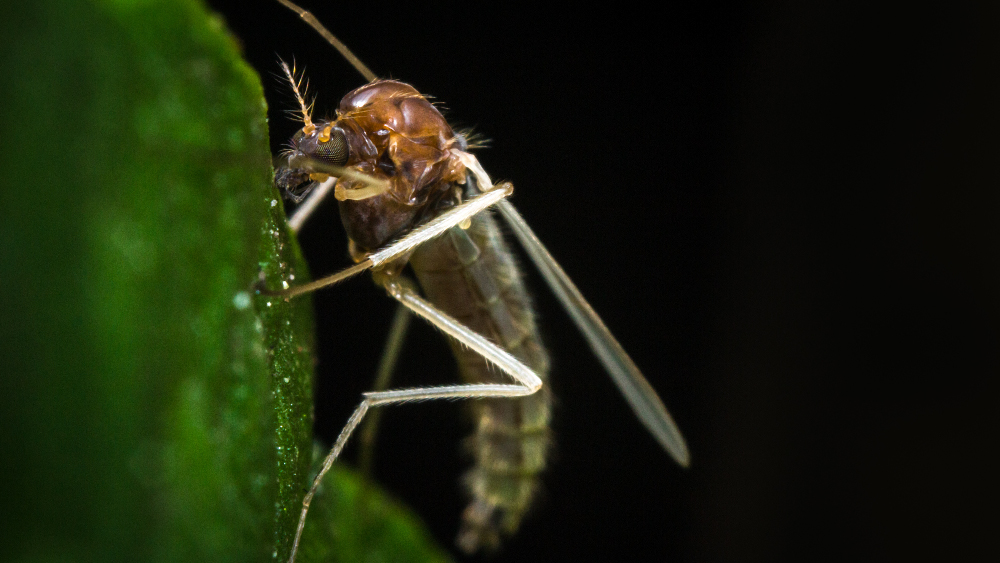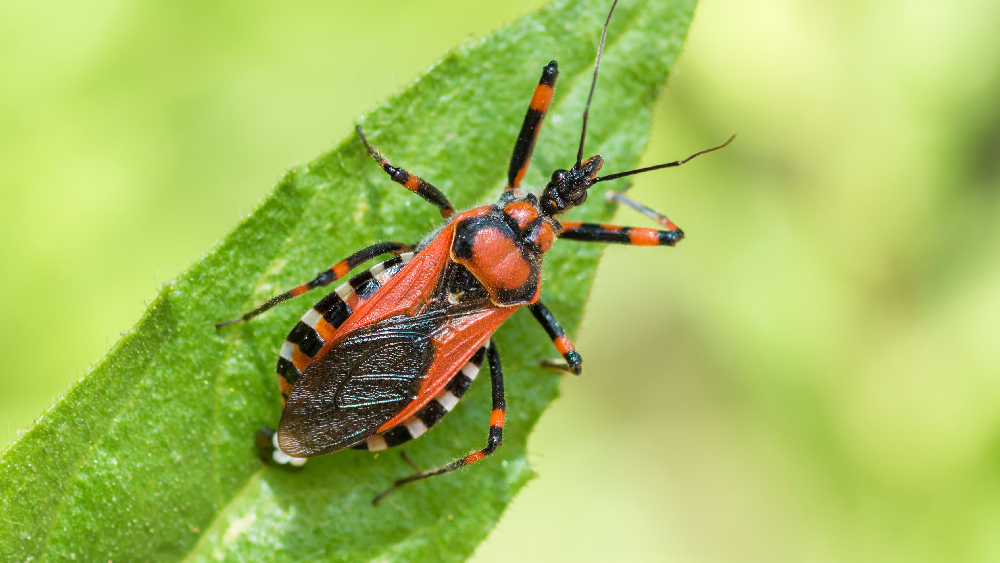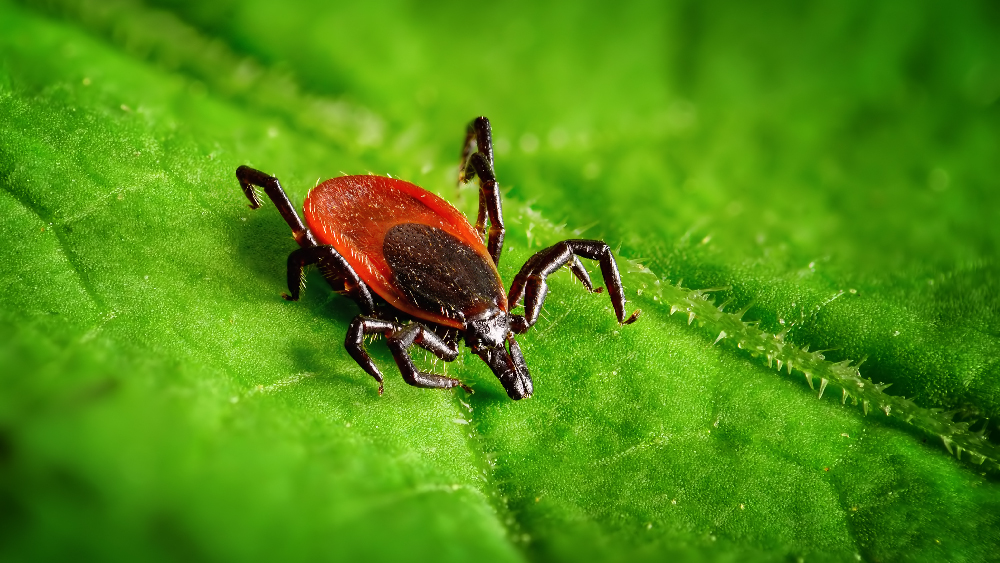
Expanding the UniProt Knowledgebase to document arthropod-human protein interactions
The UniProt Knowledgebase provides users with a comprehensive, high-quality and freely accessible set of protein sequences annotated with functional information. Recent evidence suggests that proteins from the saliva of blood-feeding arthropods, such as mosquitoes, lice, sandflies, bedbugs and ticks, are responsible for many of the negative effects associated with exposure to arthropod bites. Moreover, salivary proteins of arthropods that transmit infectious agents can facilitate pathogen transmission and increase host susceptibility to infection. As a result, the number of studies aimed at characterising the functions and allergen potential of salivary proteins of blood-feeding arthropods is increasing.
To support research in this field, we aimed to systematise the understanding of how salivary proteins from blood-feeding arthropods affect human physiology, trigger allergic reactions and influence the transmission of arthropod-borne infections. To achieve this, we manually annotated functional data on salivary proteins from mosquitoes, sandflies, ticks and bedbugs. This data was sourced from scientific literature and integrated into UniProt and can be found below:
For arthropod salivary proteins, the following types of information are manually annotated from the scientific papers:
- Protein and gene nomenclature: functional or descriptive protein names, aliases, synonyms and associated gene names.
- Sequence information: detailed sequence data, including isoforms, variants, mutations and sequence conflicts.
- Protein functions: description of protein functions, including their potential roles in modulating infections transmitted by arthropods (e.g., UniProt entry example (a)).
- Enzymatic activities: annotation of enzymatic activities, including Enzyme Commission (EC) numbers and reactions from Rhea database.
- Post-translational modifications (PTMs): documentation of modifications such as phosphorylation, glycosylation, acetylation and others.
- Protein Interactions: experimentally confirmed interactions with other proteins, including host proteins (e.g., UniProt entry example (b)).
- Gene disruption data: insights from gene knockout or disruption studies (e.g., UniProt entry example (c)).
- Allergenic properties: information on allergenic potential (e.g., UniProt entry example (c)).
- Subcellular localization: localization of proteins within cellular compartments (e.g., UniProt entry example (d)).
- Expression profiles: data on tissue-specific expression and changes in expression during developmental stages (e.g., UniProt entry example (e)).
- Structural insights: information on structural elements, such as domains, motifs, binding sites, etc.
Additionally, entries provide links to related resources in external databases, including PDB, Reactome, Allergome and InterPro, to enhance the depth and breadth of the information available.


